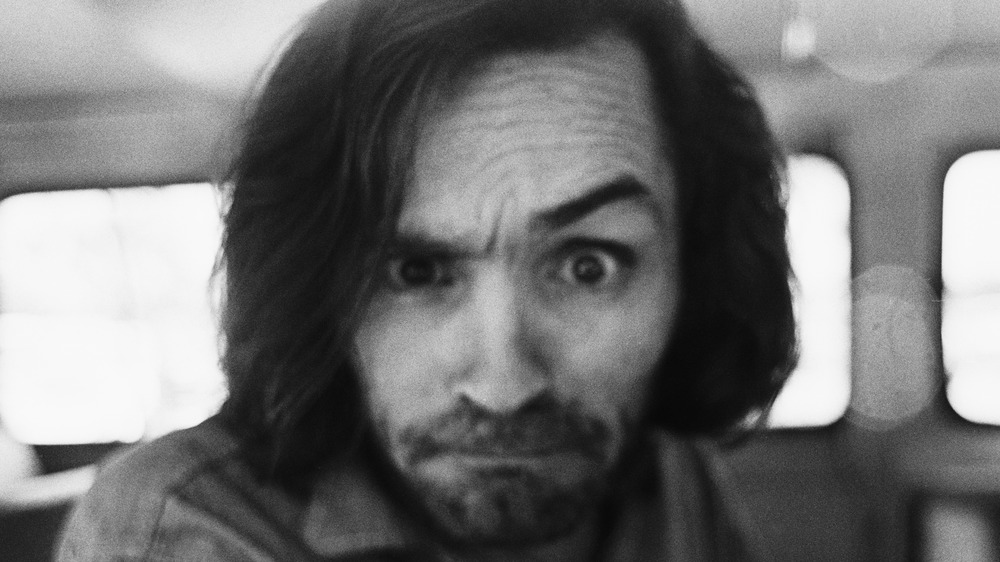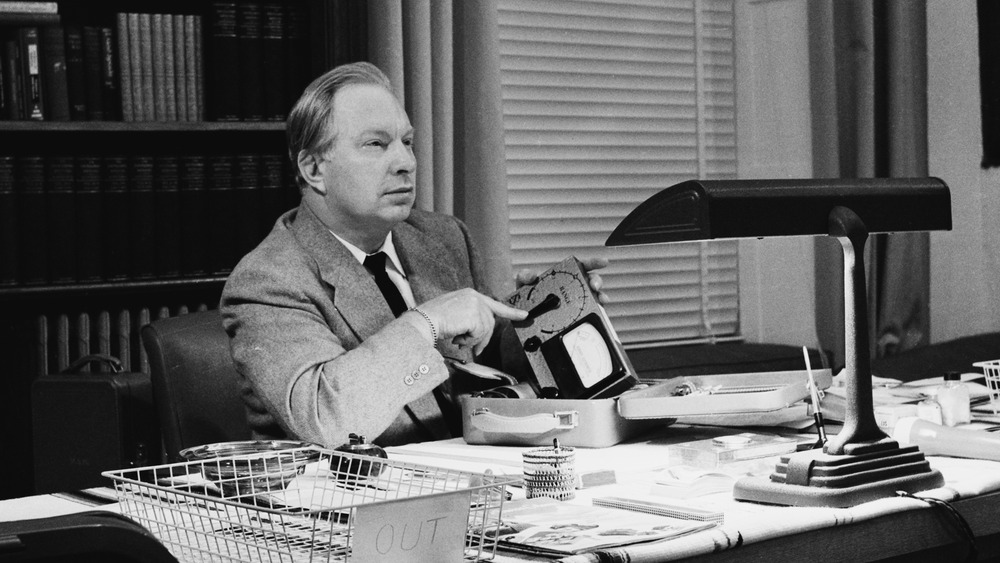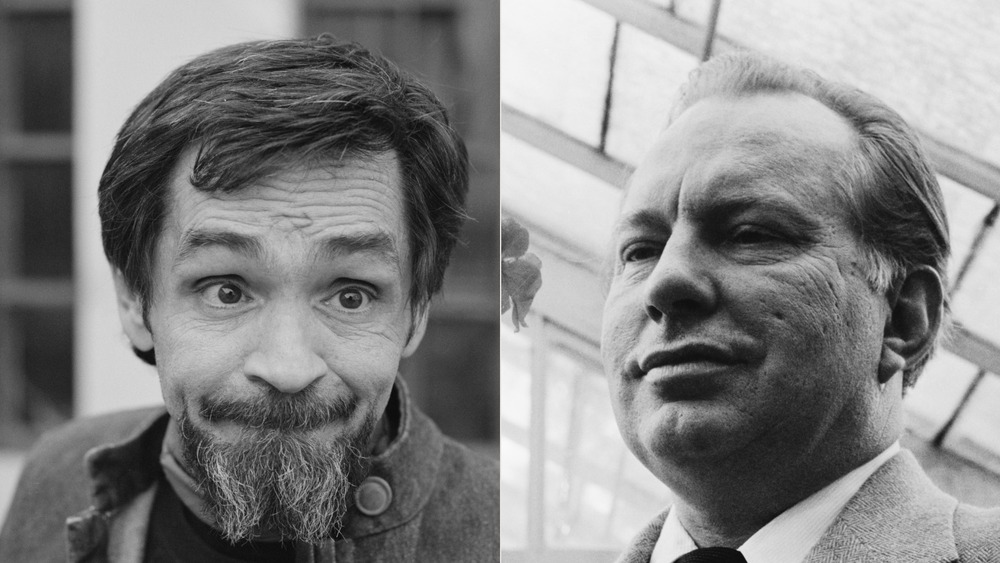How L. Ron Hubbard May Have Helped Create Charles Manson
In his 1950 book Dianetics: The Modern Science of Mental Health, L. Ron Hubbard presented what he claimed to be a set of practical skills by which people could cure a wide range of psychosomatic ailments, i.e., physical conditions with mental or emotional causes. Not long after publication of Dianetics, however, science writer Martin Gardner included the pseudoscience in his book Fads and Fallacies in the Name of Science. He told the story of one of Hubbard's earliest "patients," John Campbell Jr., editor of Astounding Science Fiction, which published Hubbard's first writings about Dianetics. Campbell believed that Hubbard's methods had cured his chronic sinusitis, but by the time Gardner published his in 1952, the relief had proven to be all in his head. "[Campbell] still has his sinusitis," wrote Gardner.
Still, despite Dianetics being obvious mumbo jumbo, the pulp writer somehow turned his wacky science fiction imaginings into a religion that has spread across the globe, separated people from their families, and turned Tom Cruise into a raving maniac. We also have Scientology to thank for the 1969 Tate-LaBianca murders, a set of grisly mass homicides orchestrated by Charles Manson. As The Guardian noted, Manson prosecutor Vincent Bugliosi was one of many who considered the murders "the death knell" of the 1960s counterculture. But just how was Manson introduced to L. Ron Hubbard's ideas and exactly how did they influence his murderous actions?
Charles Manson first learned of L. Ron Hubbard's pseudoscience in prison
According to The New Republic, Charles Manson was influenced by two major works of science fiction while he was in prison. Manson had been in and out of correctional facilities for most of his young life and he made the most of his time while behind bars. Although he could barely even read, he educated himself through conversation, picking and choosing what he liked about what he heard, and disregarding what didn't work for him. One of the works that helped him create the philosophy that would form the basis of the Manson family was Robert Heinlein's 1961 sci-fi classic Stranger In A Strange Land. From this, Manson gleaned ideas of ritual and transcendence, which appealed to the hippies he spoke to when he moved to San Francisco after being released from prison in 1967.
Manson discovered Dianetics the same way, from prisoners who had actually read the book and become enthusiastic about sharing its ideas with others. He culled what he liked from Hubbard's and Heinlein's books, and from other sources, to create what The New York Times described as "an idiosyncratic mix of Scientology, hippie anti-authoritarianism, Beatles lyrics, the Book of Revelation and the writings of Hitler." Quite the hodgepodge mix of philosophies, but it unfortunately appealed to people who would end up considering him some kind of messiah.
Manson used Hubbard's ideas like a tool to get what he wanted
Charles Manson didn't actually believe in the tenets of Scientology. According to The Underground Bunker, he simply used the parts of it that he liked to get what he wanted. While he was in jail, it was the favor of prison officials so that he could get time off. When he got out of jail, he mixed it with other disparate ideas and used it to bring people under his influence. Ironically, by telling them he would show them how to be free, he ended up being able to make them do his every bidding. Unsurprisingly, the Church of Scientology isn't happy about this connection to the mass murderer.
As Biography notes, Manson wanted to be the catalyst for an impending race war. And he got the idea for said war from the strangest of places: The Beatles. Manson believed that the song "Helter Skelter," which Paul McCartney has said is meant to represent the rise and fall of the Roman Empire, was actually about a coming war between Black and white people. As his New York Times obituary points out, he thought they'd frame Black militants for the murders, start the war, hide out in the desert, then come out of their holes to govern after all was said and done. However, as well thought out as it was, his plan inspired by both The Beatles and Adolf Hitler was ultimately unsuccessful.


